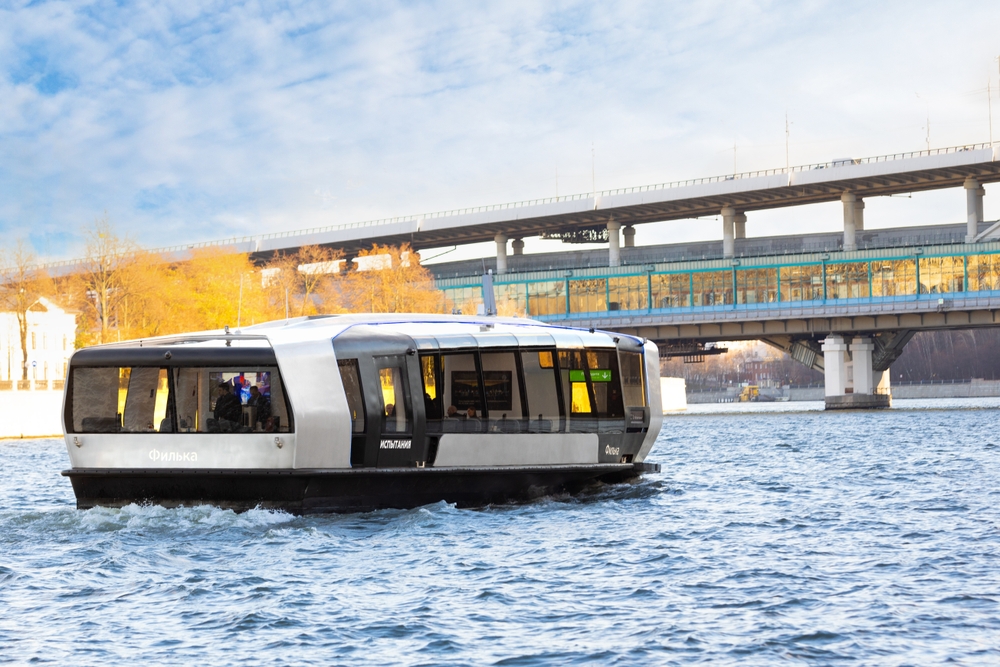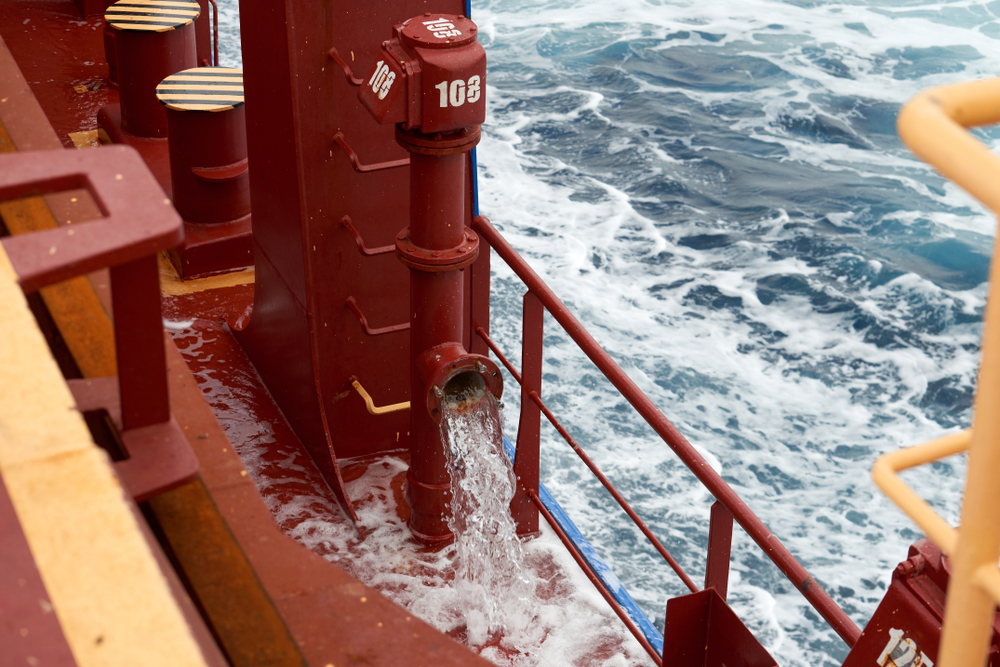The shipping industry is turning a new leaf with innovations aimed at reducing its environmental impact. As the demand for sustainable practices grows, companies are exploring greener solutions to power ships, reduce emissions, and improve efficiency. From cleaner fuels to high-tech designs, these advancements are setting the course for an eco-friendlier future on the open seas. Here’s a look at 7 recent innovations that are helping commercial shipping chart a greener path forward.
Contents
Green Methanol

Green methanol, produced from renewable resources such as biomass and captured carbon dioxide, is gaining traction as a cleaner shipping fuel. Unlike conventional methanol, green methanol is carbon-neutral, meaning its production and combustion do not add net carbon to the atmosphere. Its compatibility with existing engine technologies makes it an attractive option for retrofitting ships. This fuel provides a pathway for transitioning toward sustainable shipping without requiring entirely new fleets.
Hydrogen Fuel Cells

Hydrogen fuel cells convert hydrogen into electricity, producing only water and heat as byproducts, making them an emission-free propulsion system. These systems are ideal for smaller vessels and short-haul routes but are being scaled up for larger ships. Hydrogen fuel cells provide a sustainable alternative to fossil fuels, particularly when hydrogen is produced using renewable energy sources.
Battery-Electric Ships

Battery-electric ships rely solely on electric power for propulsion, eliminating direct emissions entirely. Designed for short sea routes, these vessels use advanced battery technologies to store and deliver energy efficiently. With improvements in battery capacity and charging infrastructure, these ships represent a viable solution for emissions-free maritime operations.
Energy-Efficient Propellers

Advanced propeller designs, such as those with optimized blade shapes and materials, enhance propulsion efficiency by reducing energy loss. Energy-efficient propellers can improve fuel efficiency by up to 15%, making them a simple yet effective solution for greener shipping. These designs often incorporate computational modeling to achieve precise performance enhancements.
Slow Steaming Practices

Slow steaming involves operating ships at reduced speeds to lower fuel consumption and emissions. By running engines at optimal efficiency, slow steaming can cut fuel use by up to 30%. While it may extend shipping times, the environmental benefits and cost savings make it a widely adopted practice in the industry.
Ballast Water Treatment Systems

Eco-friendly ballast water treatment systems prevent the spread of invasive species by treating water before it is discharged. These systems use filtration, UV light, or chemical treatments to neutralize harmful organisms. By preserving marine ecosystems, ballast water treatment contributes to the environmental sustainability of shipping.
Scrubber Systems

Exhaust gas cleaning systems, or scrubbers, remove sulfur oxides (SOx) from a ship’s emissions, enabling compliance with international regulations. These systems use water-based processes to neutralize harmful emissions, reducing their impact on air quality. Scrubbers allow ships to continue using traditional fuels while meeting stricter environmental standards.
This article originally appeared in MyCarMakesNoise.
More from MyCarMakesNoise
20 Fast Cars That Disappointed on the Track

When it comes to high-performance cars, speed and power are often celebrated, but not every fast car lives up to its promise on the track. Despite impressive specifications and sleek designs, some vehicles fail to deliver when it matters most. In this article, we explore 20 fast cars that, unfortunately, disappointed on the track. Read More
17 Groundbreaking Submarines That Pushed Engineering Limits

Submarines have fascinated us for over a century with their incredible feats of engineering. From the early prototypes to today’s advanced underwater vessels, the innovations in submarine technology have been nothing short of remarkable. Read More
16 Barriers to the Widespread Use of Solar-Powered Cars

While solar-powered cars hold great promise for a cleaner future, several barriers still prevent their widespread use. From limited energy efficiency to high production costs, these challenges make it difficult for solar cars to become a practical option for most drivers. Read More














